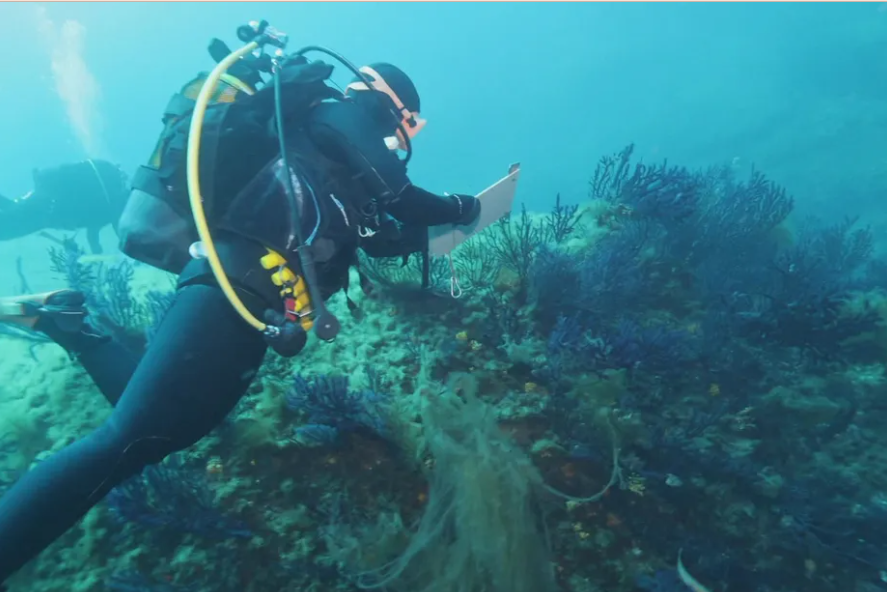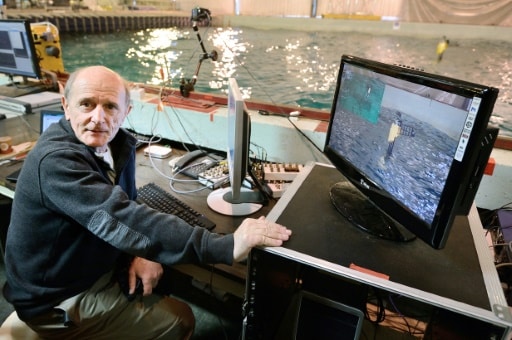The surface temperature of the Mediterranean Sea is currently above seasonal norms. To cool off during the heatwave, nothing beats a quick dip. But on the beaches of Marseille, the water temperature is already reaching 25 degrees Celsius — well above seasonal norms. “It should be cooler at this time of year… but we’re enjoying it,” says a swimmer met at Pointe-Rouge square in the 8th arrondissement.
However, excessively high temperatures in the Mediterranean have harmful effects on marine biodiversity. According to data from the Spanish Marine Research Centre (CEAM), the average surface temperature of the Mediterranean currently exceeds 24 degrees Celsius, about two degrees above the average observed between 1982 and 2011.
“It would need to rise further to qualify as a true marine heatwave. At depth, the water remains relatively cool, around 18 degrees,” explains Sandrine Ruitton, researcher at the Mediterranean Oceanography Centre.
Fear of the 2022 Marine Die-Off
She hopes that a strong mistral wind will cool the water mass and prevent a repeat of the 2022 underwater heatwave. That year, off the coast of the Calanques National Park, divers helplessly witnessed the massive die-off of gorgonians — purple and yellow corals living in colonies on rocky substrates that shelter 15 to 20% of Mediterranean species.
Highly sensitive to temperature fluctuations, the corals had been exposed to temperatures between 24 and 26 degrees at 10 meters depth. Since then, despite high temperatures every summer, no marine heatwave has been observed, according to Sandrine Ruitton. “This has allowed tiny gorgonians to re-establish themselves. But for them to fully grow, several consecutive years of moderate temperatures will be needed.”
The sighting of mobula rays near the Marseille coast is also a sign of warming in the Mediterranean.
/regions/2025/06/17/img-20250617-wa0002-685163d2a9238746740648.jpg)
“Species like rays, but also jellyfish, barracudas, and peacock wrasses follow warm currents. Species from the southern Mediterranean are migrating toward the western coasts. We should expect a shift in the marine landscape in the coming years.”
Organizations such as Greenpeace warn about “the disappearance of the most sensitive species characteristic of the Mediterranean, in favor of other species better adapted to an increasingly warm sea.”
Hope for Marine Protected Areas
According to scientists, marine heatwaves have doubled since the 1980s. “It’s certain that if we don’t make a 180-degree turn, warming will continue to increase. We need to change our lifestyle, our production and consumption systems, our mobility…”
But Sandrine Ruitton remains hopeful. Several studies show that marine protected areas are less affected by biodiversity loss. As part of the scientific program Atlasea, the researcher collects samples from artificial reefs in the Bay of Prado, submerged since 2017. “We find plenty of crustaceans and fish there — it’s a positive sign,” Sandrine Ruitton says with optimism.
Source: france3



